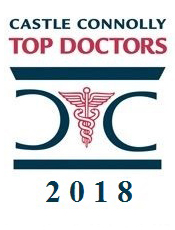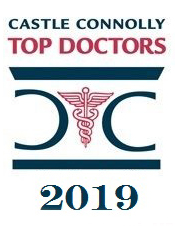Anaphylaxis
Anaphylaxis is a very serious allergic reaction that shouldn’t be taken lightly. The effects are immediate, and can potentially be fatal. Foods, insect stings, and medications are the most common anaphylactic reactions. Anaphylaxis is rare, and most people recover from it, however, it’s important to understand potential triggers in order to prevent this allergic reaction from happening to you.
Causes of Anaphylaxis
The causes of anaphylaxis are different depending on age. For children, the most common cause is food. For adults, the most common cause is medication.
Causes of children include:
- Nuts
- Dairy
- Wheat
- Fish
- Soy
Causes of adults include:
- Aspirin
- Muscle relaxants
- Medications for anti-seizure
- Penicillin
Symptoms
Symptoms of anaphylaxis occur within the first few minutes of exposure. Rarely, though, symptoms may not occur until a half hour later from the exposure of an allergen.
Symptoms may include:
- Hypotension
- Wheezing and breathing, which is caused by a swollen tongue or throat.
- A weak and rapid pulse
- Nausea, vomiting or diarrhea
- Dizziness or fainting
Treatment
An injection of epinephrine should be used in a situation when this anaphylaxis occurs. If you don’t have access to epinephrine, go to an emergency room as soon as possible. The effects of anaphylaxis are fatal if not treated properly. Epinephrine expires after a year, so make sure to update your prescription immediately when the expiration date is near.
How Anaphylaxis Occurs
Your immune system may overreact when you are allergic to a substance by releasing chemicals that cause allergy symptoms. These symptoms typically occur in one part of your body, however, some people are susceptible to more than one area. When anaphylaxis occurs, the immune system releases chemicals that make your body go into shock. Your breathing is blocked because your blood pressure drops drastically, as well as your airways swell which causes them to narrow. These effects can have a huge impact on a person and can lead to life-threatening conditions if not addressed immediately.







